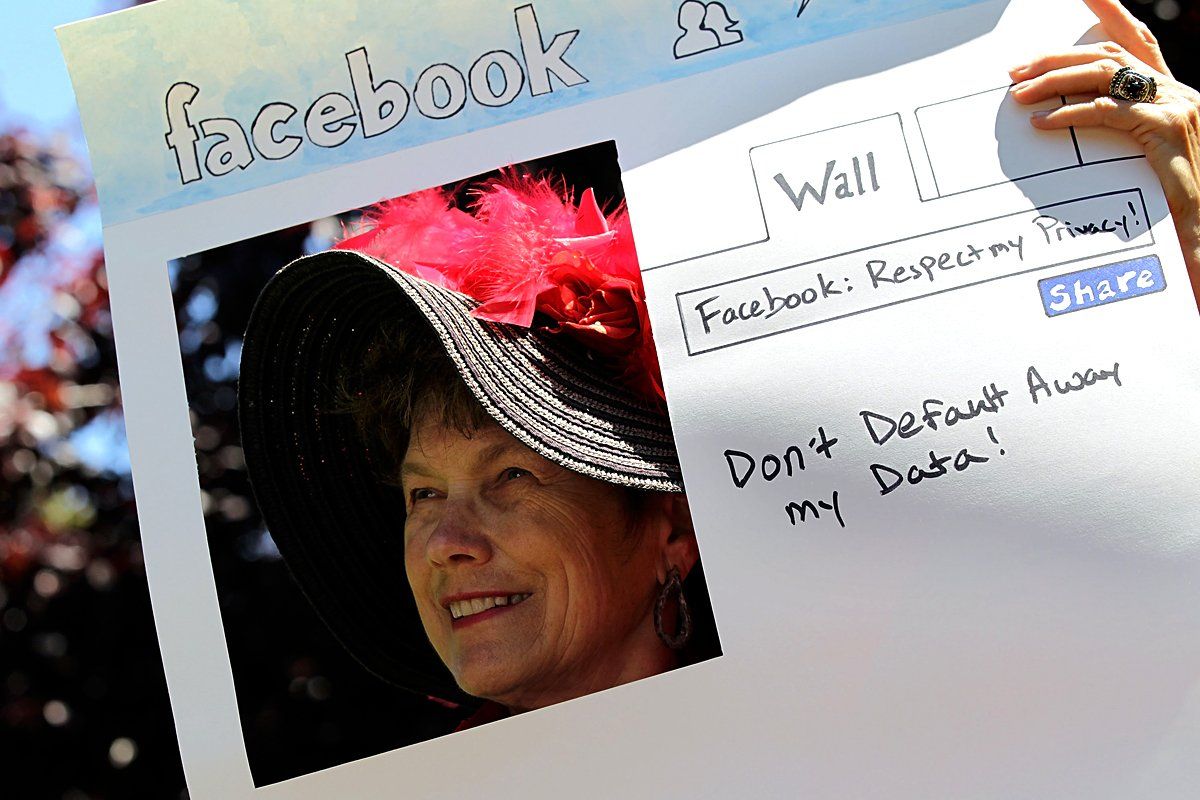
Up until a couple of years ago, I used to say that the average person could protect his or her privacy on the Web. Even as the founder of an online reputation-management company, ReputationDefender, I believed it was possible—so long as you were willing to commit some time to doing it. Today, I tell people this: the landscape of personal data mining and exploitation is shifting faster than ever; trying to protect your online privacy alone is like trying to build your own antivirus software—really, really difficult. But whether or not you have the time (or money) to invest in the pros, there are a few simple steps we can all take to reduce the risk to our private data.
1. Block cookies on your Web browser.
When you surf, hundreds of data points are being collected by the sites you visit. These data get mashed together to form an integral part of your "digital profile," which is then sold without your consent to companies around the world. By blocking cookies, you'll prevent some of the data collection about you. Yes, you'll have to enter passwords more often, but it's a smarter way to surf.
2. Don't put your full birth date on your social-networking profiles.
Identity thieves use birth dates as cornerstones of their craft. If you want your friends to know your birthday, try just the month and day, and leave off the year.
3. Don't download Facebook apps from outside the United States.
Apps on social networks can access huge amounts of personal information. Some unscrupulous or careless entities collect lots of data and then lose, abuse, or sell them. If the app maker is in the U.S., it's probably safer, and at least you have recourse if something should ever go wrong.
4. Use multiple usernames and passwords.
Keep your usernames and passwords for social networks, online banking, e-mail, and online shopping all separate. Having distinct passwords is not enough nowadays: if you have the same username across different Web sites, your entire romantic, personal, professional, and e-commerce life can be mapped and re-created with some simple algorithms. It's happened before.
5. Know how much private data are out there about you.
Most people aren't even aware of how much information can be found about them with a few clicks. Check out this free service to get a quick read on some of the information that can be found about you and your family.
6. Be really cautious about geo-location services.
Smart phones, apps, and Web services are frequently tagging your location as you move through life. We don't yet know the full privacy implications of these services, and we may not know for some time. For now, be thoughtful about how you use "I just checked in at Restaurant XYZ" features. And if you don't know what geo-location is, turn it off on your phone right away. As a first rule, we usually shouldn't let third parties collect info about us without our even knowing what kind of info is being collected or how.
7. Shred.
If you're going to throw away credit-card offers, bank statements, or anything else that might come in hard copy to your house, rip them up into tiny bits first.
8. Opt out of "people search" sites.
There are many sites across the Web where our personal data are stored, copied, aggregated, and resold. Remove yourself from as many as you can.
9. Max out your privacy settings on social networks.
Privacy settings are getting harder to fix all the time. Stay on top of them. For Facebook, here's a free service that will fix your privacy settings in two clicks.
10. Close old accounts.
If you no longer use Friendster or MySpace, shut down your old account. Doing a digital data wipe from time to time is a good way to reduce the amount of old info floating around in the ether. Reducing your digital footprint will reduce the risk that your digital profile is being built, catalogued, and exploited.
Michael Fertik is the CEO and founder of ReputationDefender.
Uncommon Knowledge
Newsweek is committed to challenging conventional wisdom and finding connections in the search for common ground.
Newsweek is committed to challenging conventional wisdom and finding connections in the search for common ground.
About the writer
To read how Newsweek uses AI as a newsroom tool, Click here.








